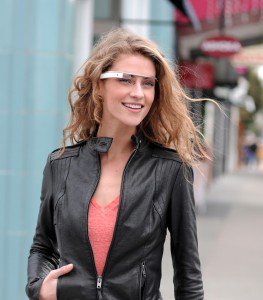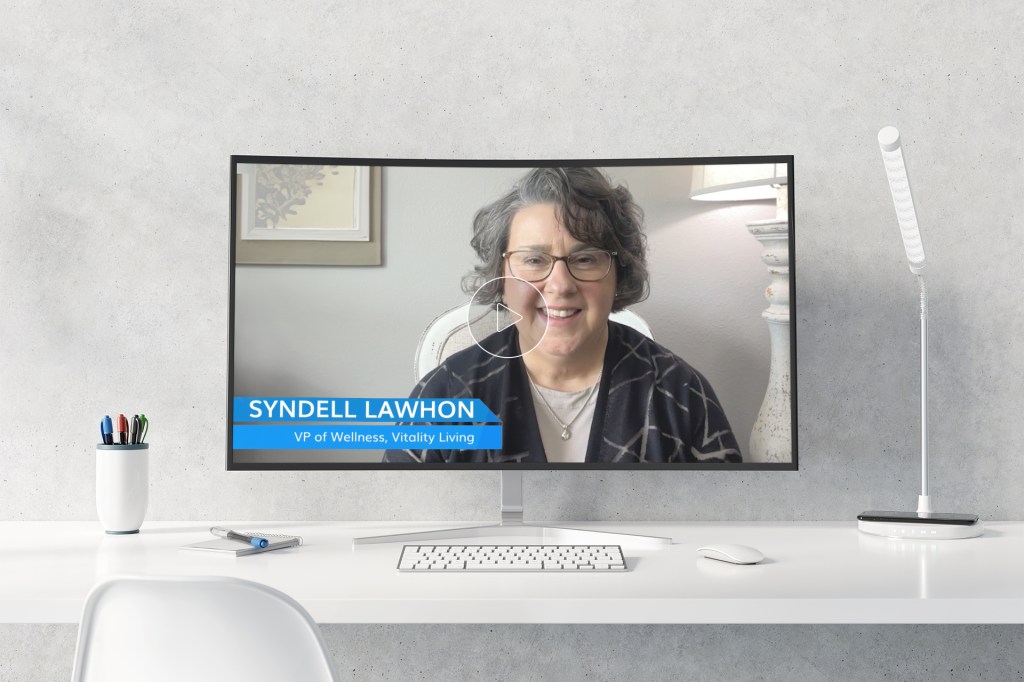By Anca Gagiuc on December 30, 2013 in Technology
One of the hottest tech topics of the year in the technology world has been we arable gizmos like smart watches and Google Glass. As hot as these inventions are, they have privacy implications that must not be overlooked.
arable gizmos like smart watches and Google Glass. As hot as these inventions are, they have privacy implications that must not be overlooked.
By April 2014, the initial 10,000 people that are currently testing the prototype will multiply. With the eminent adoption of the “all-knowing eye”, reviewers and scientists are uncovering problems and discovering solutions. The most prevalent concern is related to privacy.
The fields of discussion are various, from the privacy of a walk down the street, to the security in the work environment. Privacy is already affected primarily by the cameras installed everywhere, from storefronts to busy intersections; the new Google Glass mechanism will rule over all of them, combining a miniature computer with everything it means plus a recording camera that’s seamlessly mounted on the glasses – you might not even know that you’re being recorded as you take your evening stroll in the park.
What will organizations do?
Having the freedom to wear a small recording device at the office gives both employees and management the potential to modify how transparent things really are in the work environment. The HR department will suffer important changes, as here is where organizational policies are developed – here is where disputes between employees, and between employees and management are handled. Perhaps this will ease up their work, perhaps they’ll need a Video Review function, or perhaps they’ll focus on determining if and to what extent will Google Glass be allowed in the workplace. It’s absolutely relevant the worry that this watchful eye could easily turn into a spying eye, more so than the current highly used devices that have the recording function as part of their mechanism.
“Smartglasses with augmented reality (AR) and head-mounted cameras can increase the efficiency of technicians, engineers and other workers in field service, maintenance, healthcare and manufacturing roles,” says Angela McIntyre, research director at Gartner. If these devices are expected to have the greatest impact on heavy industry, because they enable on-the-job training of workers in how to fix equipment and perform manufacturing jobs, the impact most definitely will be lower for the mixed industries, such as retail. The weightless industries (insurance, media, banking) will experience the lowest impact, although Gartner says benefits are yet to be discovered, even to the branches where the effect seems now negligible.
“In industries and businesses where confidentiality or privacy is paramount, such as healthcare, financial services, legal, government — I can envision workplace rules specifically banning Google Glass,” states Eric B. Meyer, author of The Employee Handbook.
There are already bars, restaurants and theaters that banned Google Glass; casinos remember the 80s when nerds won big bucks at the roulette with the help of the “wearable computers” equipped with the Beating Roulette app. They’ll definitely not forget Thomas Bass who smuggled a shoe computer to a table and gained a 44 percent advantage over the house. Most probably the employees of these companies will be prohibited from using the device during their work time.
Smartglasses is a young technology; according to a Gartner report, currently less than one percent of companies in the US have implemented smartglasses, but they predict that the figure may increase to 10 percent during the next five years for companies with offsite workers. On the long run, the introduction of lower-priced, consumer versions of the device will help increase usage.
It is clear that technology, offering smaller and smaller devices for tasks performed by big people brings with it complex questions of limits and boundaries, of privacy and ethics – weather in the work or in the social environment. The entire world is about to go through another major change – our perspective, the way we see the world, the way we’re looked at. In any case it’s better to be ahead of things, than to lag behind them, confused.


